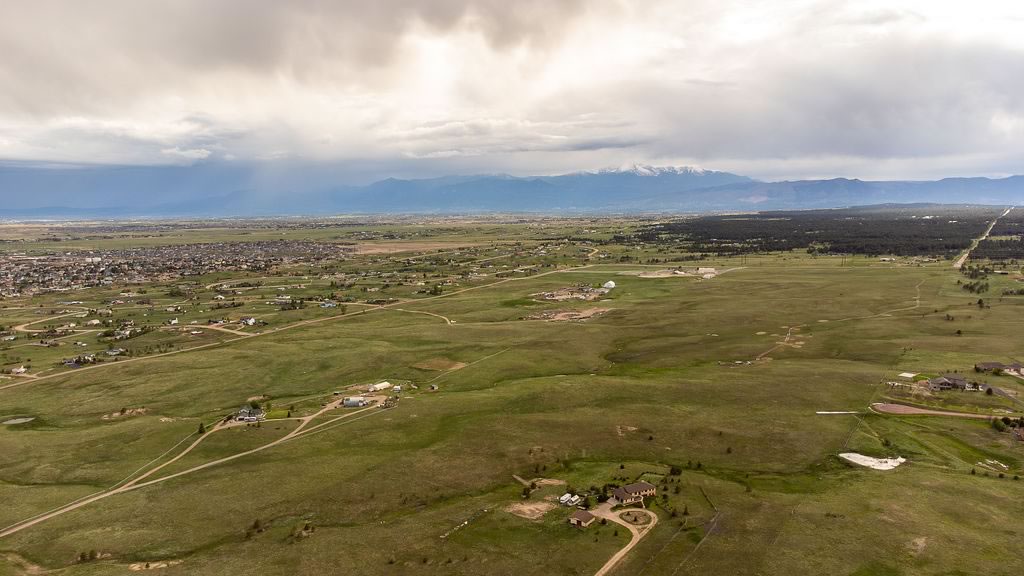Terry Stokka has lived in Black Forest for 29 years. He is president of the Friends of Black Forest, chairman of the Black Forest Land Use Committee and chairman of the Black Forest Water & Wells Committee.
By Terry Stokka
Most of us who have private wells use those wells under what the state of Colorado terms as an “exempt well.” That means we are exempt from the requirements levied on people who have adjudicated their wells and own the water rights under their property. Let me explain.
In Colorado, the water is technically owned by the state. Some people or companies have been granted “ownership” of the water by having water rights. Some have water rights by decree and some by buying those rights from someone else. The first person to use water in a particular area way back in the 1800s is granted the senior rights for that water under a dictum called, “first in time, first in right.” The farmers along the Arkansas River who first settled there took water from the ground and the Arkansas River to irrigate their melons; with that use, they have “senior water rights” to use a certain amount of water each year.
Farms and ranches all around the state have kept the properties in the family for generations, and the water rights have transferred from generation to generation. On their neighbor’s property, that owner may have purchased the land but not the water rights so his water use is called “junior water rights.” The senior water user gets to use his allocation; if there is any left over, it is available to the junior user. This can get rather sticky in a dry year when their isn’t enough water for everyone.
I have an exempt well. The state of Colorado has told me that I don’t own the water under my lot, but they will generously allow me to use some of it without regulation or control. Most of our well permits allow us to use up to 1-acre-foot per year, but the average home only uses about one-third of that. The state has declared that they don’t know of anyone who can claim the water rights under my lot. The land under my lot was originally purchased by one of Gen. Palmer’s associates and quickly sold to Palmer for his lumbering business. There isn’t anyone they can find who can claim those rights.
Some people choose to adjudicate their well. If the water rights under your lot are not owned by someone, you can file with the state to claim those rights. This may cost anywhere from several hundred to several thousand dollars and take several months to work its way through the state bureaucracy. Usually, the water rights for all four aquifers are granted.
The water decree for adjudicating will state how much water the state believes is under your lot and will then divide that by 300 to determine how much water you can use each year. This is because El Paso County decided there must be enough water for 300 years. Since you are taking water out of the aquifer that belongs to farmers along the Arkansas River, you must agree that 300 years from now when you have used all the water in your well, you will pump water from the deeper aquifers and pour it out on the ground to make up for the water you have used, replacing it for the farmers on the Arkansas River. This is called the replacement plan under your water decree. For almost everyone, adjudication doesn’t gain much except the security that you own the water under your lot. If a greenhouse moved next to you and they pulled so much water that your well goes dry, you can sue them for stealing your water. That’s about the only benefit for adjudicating your well. For exempt wells, you can’t sue the greenhouse because you don’t own the water and the state is only being nice to let you use it.
If I have water rights, I can build a pond or dam to hold water back. I am limited in how much water I can pump for my pond by my water decree. Without those rights, I am restricted because, believe it or not, the rain that falls on my lot belongs to farmers along the Arkansas River. With a private well, the state does allow me to have a rain barrel. I could make a pond with the 1-acre-foot that I get from my exempt well permit, but that pond wouldn’t be very big and it would put a big strain on my well.
Residential developments normally purchase the water rights for the property they plan to develop. For those properties and ones that are adjudicated, the owners are required to have a well meter and submit water usage numbers every year. Exempt wells are not required to do that.
Are you sufficiently confused by water law in Colorado? It is complicated for sure and there are even more intricacies if you dig deeper into it. See you next month.




